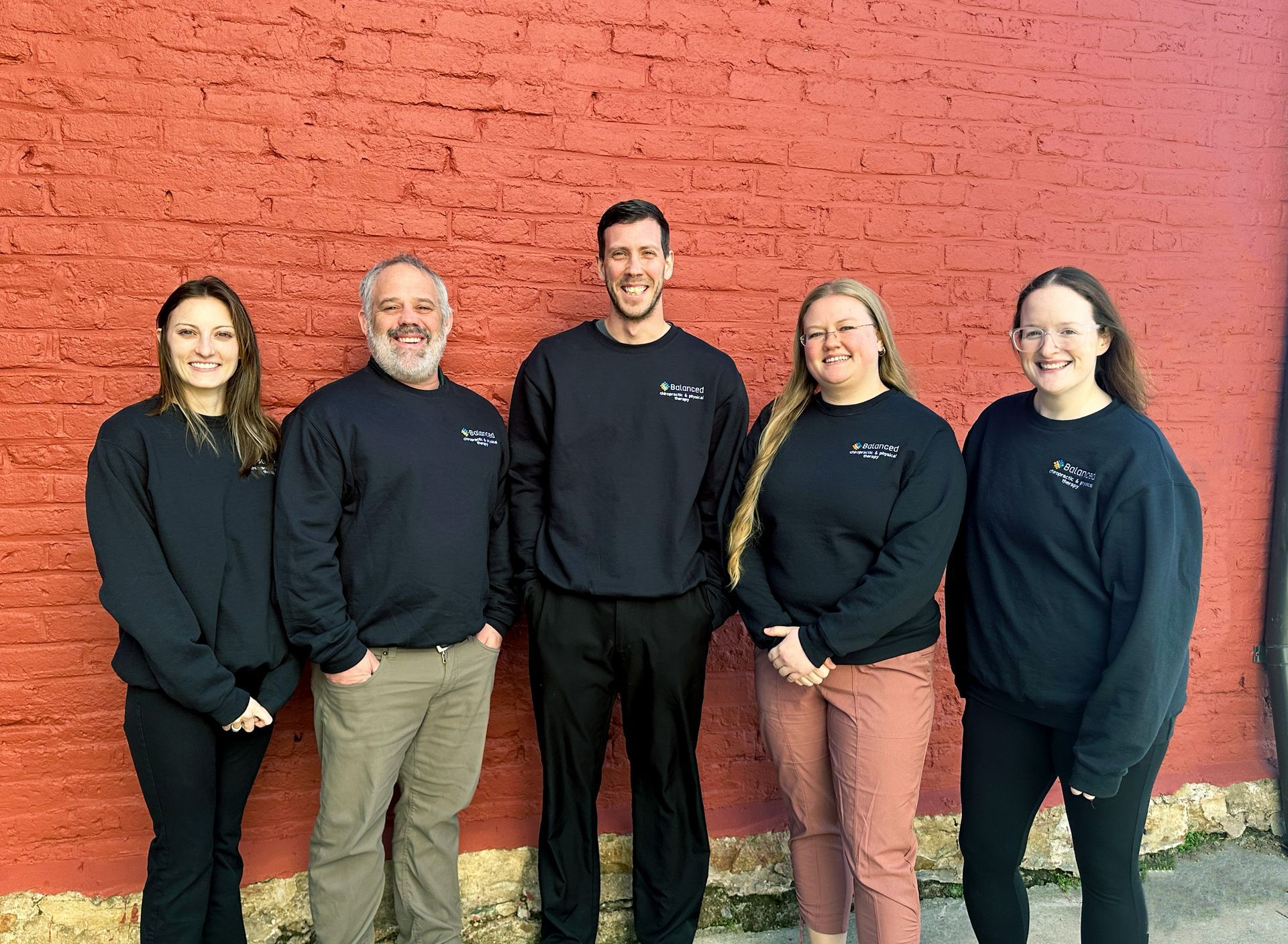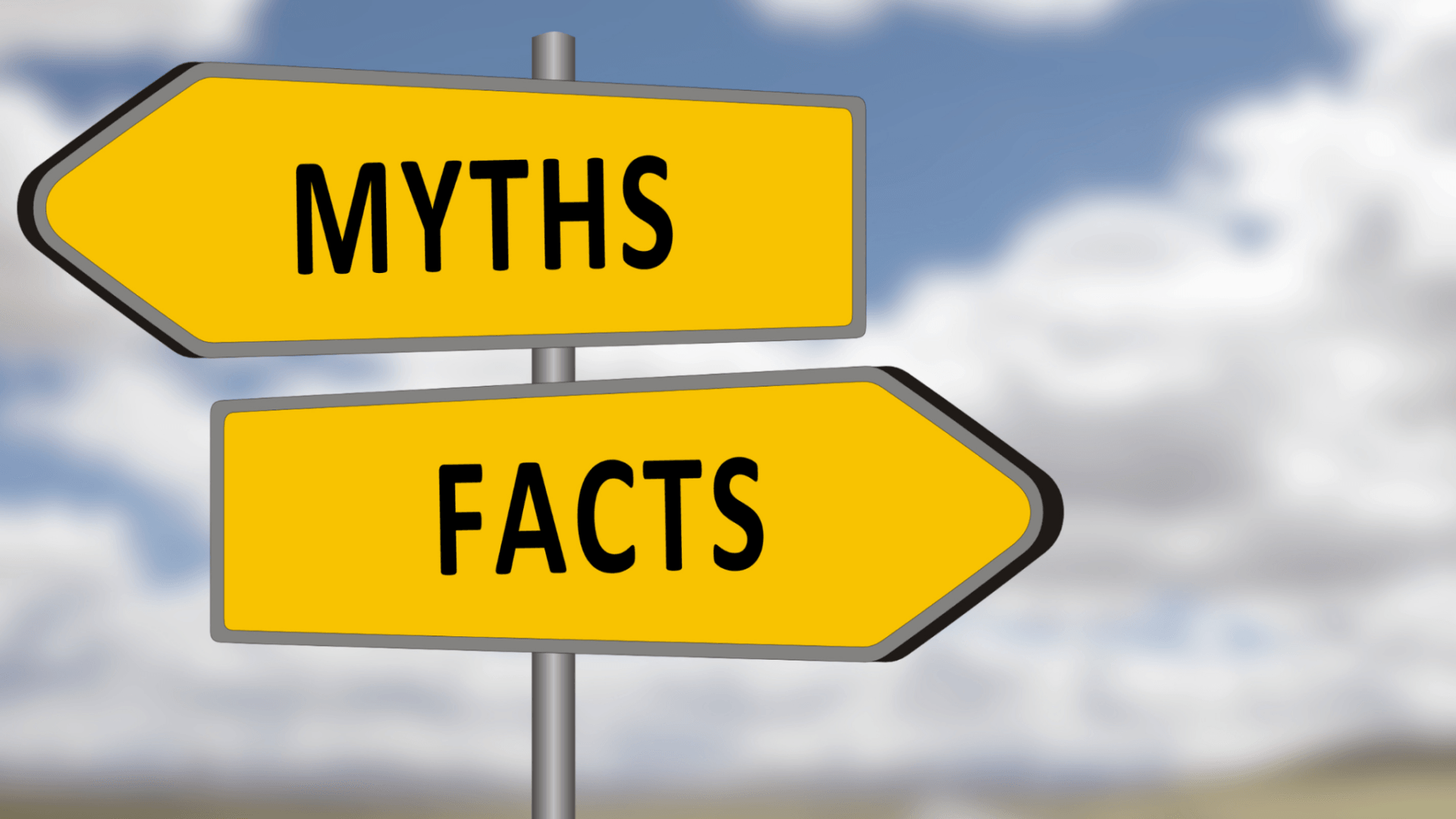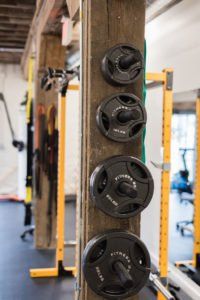Fitness Apps and Trackers: Is Technology Right For You?
Technology is everywhere. We consume tons of media on our phones. We adorn wearable tech that improves our posture. Sleep apps (Rested, Sleep++, Sleepbot) that use motion sensing, sound, and a smart alarm help us measure our sleep quality. All are agreed – there are some great innovations that have entered the marketplace in recent years. But there’s so much to choose from. How can we determine which technology is best to support our health and fitness goals. The trick is in finding what’s right for you.
 Let’s start with apps. They are varied in scope and features. You can get some for free, while some cost extra for upgraded features. They all work best when you’re faithful about putting in your data every day. If you’re the type of person who doesn’t like to mess with data and numbers, these apps may not work for you. Here’s a closer look at three technology options:
Let’s start with apps. They are varied in scope and features. You can get some for free, while some cost extra for upgraded features. They all work best when you’re faithful about putting in your data every day. If you’re the type of person who doesn’t like to mess with data and numbers, these apps may not work for you. Here’s a closer look at three technology options:
- Myfitnesspal – Like most apps, it requires you to manually input data each day, but lets you track your exercise, food and weight, and helps to create a calorie budget based on your goals. It also syncs with several other popular media and fitness devices, and even plays music while you’re working out.
- Strava – This one is geared for the competitive runners and cyclists, allowing you to compare your achievements to everyone else using the app. This can be a great boost if a little competition is what you’re going for.
- Spotify – A new player in the fitness app game, Spotify is allowing premium members to search for songs based on your running pace so you can use music strategically to help you train.
If you find that using an app is causing you stress and anxiety, or affecting your self-esteem, it’s a warning strategy is not good for you.
Fitness trackers are another tool for supporting your fitness goals. The philosophical idea behind them is “that which is measured, improves.” However, a new study revealed that people who used fitness trackers actually lost less weight than a control group that didn’t. The trackers and apps rely on an algorithm to determine your ideal caloric intake – but, in many cases, this one-size-fits-all approach doesn’t get it right. So, while you may be moving more, you also may be eating more.
It takes years of research and dozens, if not hundreds, of research papers before the scientific community is able to achieve consensus on what truly works and what doesn’t. These devices are only a few years old, so those studies are far from over – until then, research should be used merely as a guide to help shape personal opinions. If you want to try a fitness tracker, go for it. If it helps you, that’s great. But, if you find yourself using an app or following a tracker without the results you wanted, try making modifications. These tools should help to take the guess work out.
This technology is new and all devices currently on the market have quite a way to go before they will fulfill their promises.
While the technology gets a little better each year, it will likely still be a while before we can rely on them completely. They are a good starting point. But, if you think fitness technology might work for you, be sure to read reviews first – the good, the bad, and the ugly. If you are using one but not getting the results you want, talk to your healthcare provider about help in finding a support solution that’s right for you.









